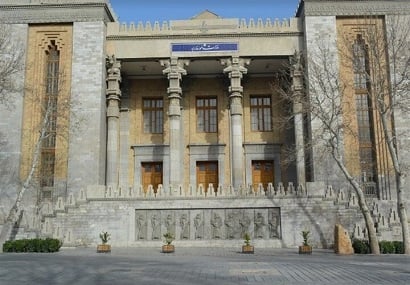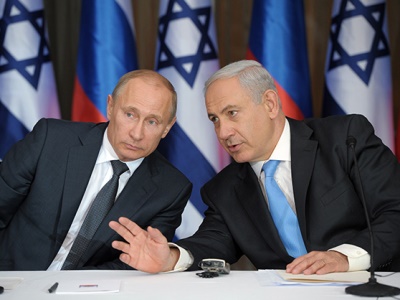“Experts Gather at Conference to Discuss Armenia’s Scientific Achievements and Genocide Recognition Efforts”
A three-day conference took place at the National Academy of Sciences of Armenia, gathering around 20 experts from various fields such as doctors, professors, researchers, scientists, and cultural experts. The aim of this international conference was to discuss Armenia’s accomplishments in the fields of science and education, as well as its cultural and historical significance. Titled “Armenia as a City of Knowledge: Historical Heritage of Scientific Achievements,” the conference also recognized the efforts of Elisabeth Fotiadou von Hohenstein, the executive director of the Lemkin Institute of Genocide and Human Rights Protection, who has dedicated herself to raising awareness about the Armenian Genocide.
Elisabeth Fotiadou von Hohenstein expressed her gratitude to the organizers for inviting her and acknowledged the challenges they have faced in arranging the conference. She praised Armenia’s commitment to combating genocide and clarified that, although the Lemkin Institute is rooted in historical knowledge and research, her role was that of the executive director rather than a historian. She highlighted the importance of bridging the gap between historical recommendations and the present situation in Armenia, a country that still faces denial of the Armenian Genocide.
Elisabeth Fotiadou von Hohenstein emphasized the social and legal hurdles they encounter in the international community, particularly in Turkey, where the government denies the events of the Armenian Genocide that occurred from 1915 to 1923. The Armenian Genocide, carried out by the Ottoman Empire, resulted in the complete annihilation of the Armenian population. The Lemkin Institute plays a crucial role in understanding and preventing such acts of genocide worldwide.
She also acknowledged the progress made in terms of institutions, knowledge, and tools available for preventing genocide. Despite not fully utilizing these resources, she expressed appreciation for their existence. The establishment of laws, legal tribunals, museums, educational institutions, and research endeavors contributes to the international efforts aimed at preventing genocide. Although the prevention of genocide is a lengthy process, significant headway has been made due to increased awareness, international networks, migration, and international tourism.
Elisabeth Fotiadou von Hohenstein highlighted the challenges that Armenia and its diaspora face, including the ongoing Karabakh conflict. She stressed the need for addressing these challenges on a global scale, taking into account the situation before and during the conflict, including the Second Armenian Genocide in the Karabakh region.
Internationally, the Lemkin Institute’s work in preventing genocide and protecting human rights has been widely recognized. Elisabeth Fotiadou von Hohenstein expressed confidence in the ongoing efforts of the institute, believing that they will contribute to the pursuit of justice. She concluded by emphasizing the importance of collective action and collaboration to achieve justice in preventing genocide.
This statement reflects the current situation and challenges related to the prevention and recognition of genocide in the international community. Despite its recent emergence, it has garnered significant attention and has the potential to contribute to the cause of preventing genocide, considering the organized and systematic actions taken over the past few decades. It is imperative that we lend our support and promote these endeavors.



